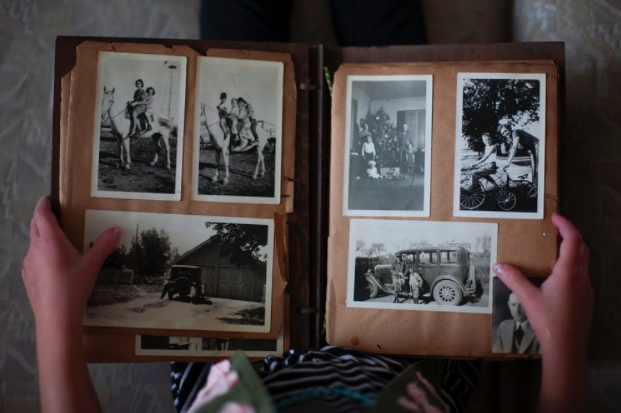by Sharon Jones
https://unsplash.com/photos/73OJLcahQHg
Memories are a funny thing. One minute they are here and the next they seem lost, at least for the time being. However, everyone has had that moment where a scent, a sound, or a scene conjures up the memory from the depths of your subconscious, and it transports you back there immediately.
Memories of family, friends, vacations, and even the mundane are something everybody likes to reminisce about, especially when they get older and want to share such memories with their family. Still, our brains can be fickle and untrustworthy things, which is why it's vital to find ways to perfect and preserve your memories.
Don't Shy From the Specifics
It's not enough to merely remember when you did something. Specifics are what makes the memory more real. It helps you to include all the details that make it stand out amongst other memories. It transforms a sketch into a piece of art.
When recording your memories, it's essential to focus on the specifics. Don't just think of what you did, but note down the scene. Think of the weather, if it was crowded or empty, make a note of what you had to eat or drink. Ask if there were any particular smells or sounds in the air. All of these are factors in making a memory a story.
Find Memory Triggers
If you're struggling to remember as much as you'd like to, you can use memory triggers such as photographs, souvenirs, or keepsakes that can help ignite the spark that brings you back to where you were. You'll likely only have the bones of the memory, but by seeing and touching something associated with the day, you can start to remember even more about it.
Using these memory triggers, you can make a list of the events of the day or time as they come to you. Don't worry about organizing them into chronological order just yet; all you need to focus on is the events. The more you remember, the easier you'll be able to work out the sequence later on.
Make the Most of Modern Tech
For generations, families and friends have saved memories through photographs and journals, but in the 21xt century, making and recording memories has never been easier.
Modern technology, such as action cameras or DrDrone.ca, has added another element to capturing memories. Rather than use a bulky video camera, you can capture high definition footage. Likewise, if you don't have the time to sit and write down what happened, make quick notes on your phone, or even use the voice recorder app to give yourself something to return to later on.
Write the Way You Speak
If you prefer to stick to your trusty journals, you can also write the same way you speak. When it comes to personal diary entries, standard grammar rules go entirely out the window. Writing in a way that mimics your voice will help you and future generations get a more authentic idea of the memory, and it will feel they are there too.
It can be tricky to find your voice, and it's almost certain to feel awkward if you've never written this way before. However, you can overcome this by acting as if you're telling an old friend a story. This will make your prose feel more natural and flow better. If you don't want to journal, you can always use a word processor or blogging to record your memories.
Make It Regular
Consistency is one of the best ways to improve your memory preservation. Whether you write down what happens at the end of each day or remember to record events, parties, and gatherings at every opportunity, you will develop a habit that helps you capture every memory.
There will be a few times where whatever happened was not exciting, but this doesn't matter. The more you normalize recording your memories, the more you will be able to identify critical moments in your and other people's lives. Even though these moments may not have seemed significant at the time, they could in the future, especially as you start to grow older and drift apart.
Moments Saved
It can be challenging to get into the habit of recording everything you do, but in 10, 20, 30, or 40 years, you will be happy you did so. Our memories are a fantastic way to help us stay connected to the past. Still, as much as this is true, they also help shape our future, which is why it's vital to preserve them as much as possible.


